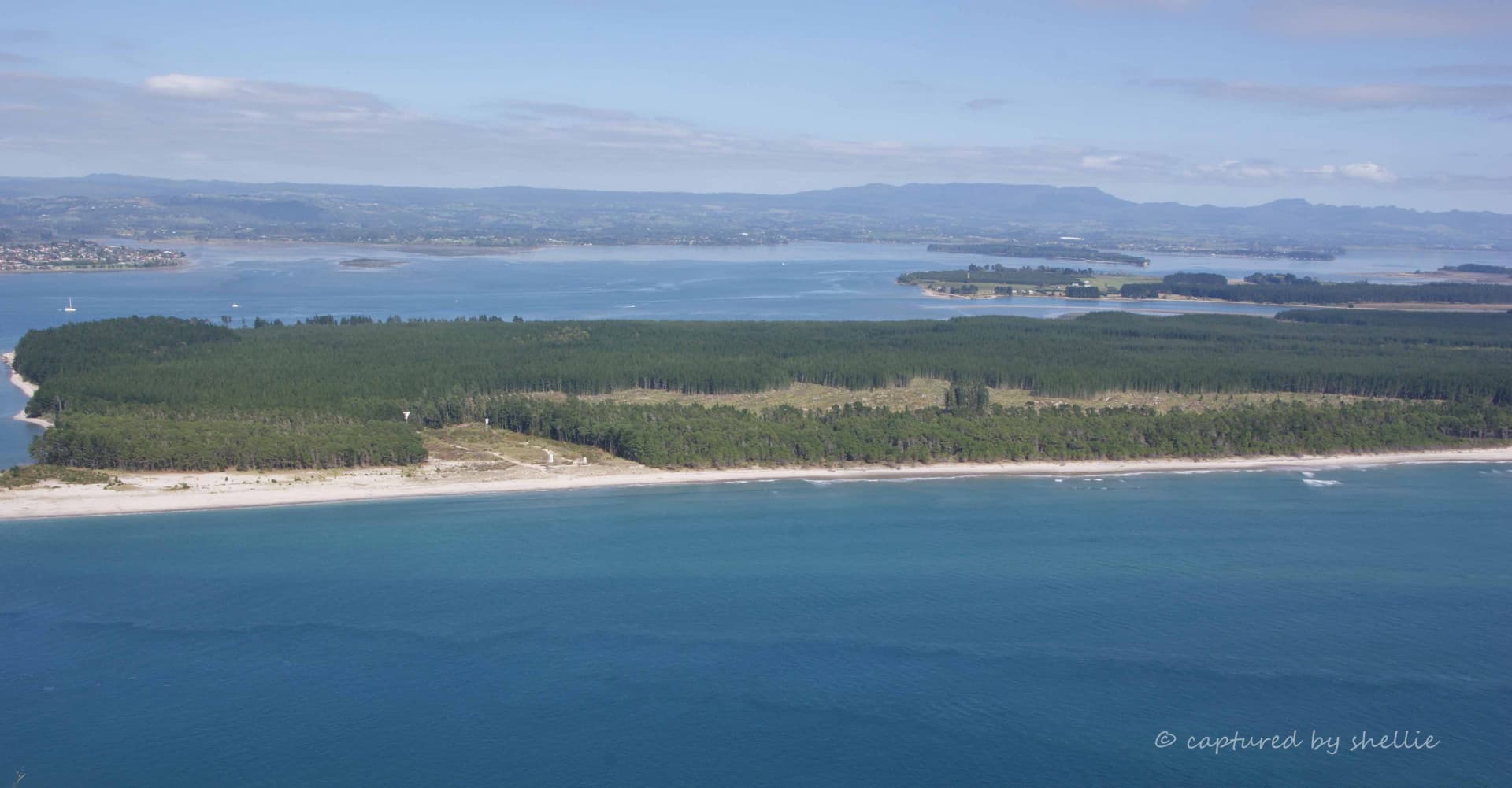

Growing community wellbeing with pātiki tōtara/yellowbelly flounder
| Project Leader | Duration | Budget |
|---|---|---|
| Simon Muncaster (University of Waikato) | April 2021 – December 2023 | $250,000 |
Aotearoa New Zealand’s aquaculture industry has an ambitious goal of growing into a $3 billion industry by 2035. Aquaculture is a difficult industry for new investors, with high start-up costs and risks due to the expertise required, the expensive infrastructure, and scale of operation. Lack of diversity has also been identified as key risk to the resilience and growth of the New Zealand aquaculture industry.
In the past, a corporate business model focussed on capital investment has been used to address these issues. Because of the high investment cost of this exclusive model, many īwi living in coastal communities are unable to enter the aquaculture industry despite their strong connection and whakapapa as cultural guardians of the marine environment. These remote communities often suffer high unemployment and socio-economic deprivation, but still own prime coastal land.
We are co-developing a ‘disruptive’ community-led business model that will allow small, whānau-owned aquaculture farms with fewer resources to compete as alternate stakeholders within the aquaculture industry. Pātiki tōtara/yellowbelly flounder has been identified as a strong candidate species to achieve this new approach to aquaculture.
Grounded in kaupapa Māori to reflect value across three key dimensions – social (hauora, oranga), environmental/ecological (kaitiaki) and economic (mana motuhake), our three workstreams are:
By exploring mātauranga Māori of the local hapū, we will better understand the distribution, seasonal movement and feeding habits of pātiki tōtara.
Working with local whānau and hapū enterprise, we will co-create a minimal viable product that is acceptable to local communities. We will develop a unique ‘Aquaculture Ecosystem Canvas’ to show how whānau-owned aquaculture farms can co-operate to generate economies of scale and scope.
We will refine the hatchery technology to ensure a sustainable and scalable supply of juvenile pātiki with a focus on optimising spawning protocols.
Simon Muncaster (University of Waikato)
Steve Bird (University of Waikato)
Kura Paul-Burke (University of Waikato)
Tim Coltman (University of Waikato)
Jason Murray (Matakana Island Marine Club)
Dicki Farrar (Whakatohea Māori Trust Board)
Aubrey Te Kanawa (Ahikōmako – Centre of Māori Innovation & Entrepreneurship)
This project has produced or contributed to: